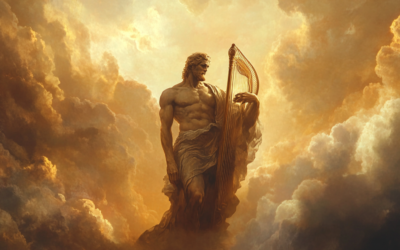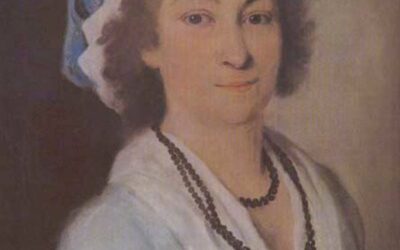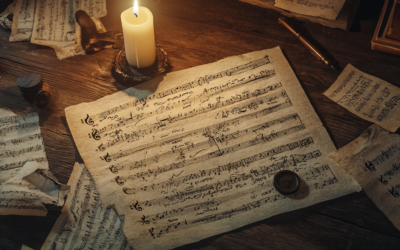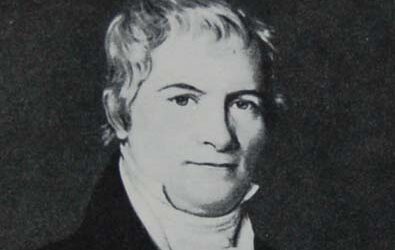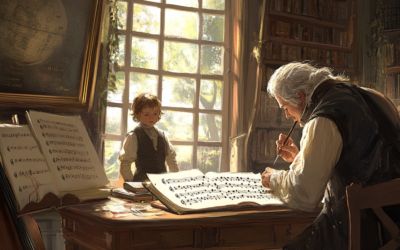Wolfgang Amadé Mozart
#1 The Hidden Truth of Mozart’s Education
@MozartrazoM
In this video, we uncover the hidden truth behind Wolfgang Amadeus Mozart’s early education and challenge the long-held belief in his effortless genius. While history often celebrates Mozart as a child prodigy, effortlessly composing music from a young age, the reality is far more complex.
Mozart’s father, Leopold, was a key figure in shaping not only his son’s musical development but also the public perception of his talent. Leopold, an ambitious yet frustrated musician, played an instrumental role in composing, transcribing, and promoting much of Wolfgang’s early music.
The works credited to young Mozart were, in fact, heavily guided or even written by Leopold. From manipulating Wolfgang’s age to enhancing his image as a prodigy, Leopold controlled his son’s rise to fame. We’ll explore key examples, such as the Minuet K.6, often believed to be one of Wolfgang’s first compositions, which was largely reworked by Leopold.
We’ll also discuss how Leopold’s ambition and control crafted the myth of Wolfgang as a child genius. Was Mozart’s talent truly his own, or was it carefully constructed by his father?
Join us as we delve into the untold story of Mozart’s education and the significant influence of Leopold on his son’s career. If you’re interested in challenging traditional narratives about Mozart and classical music history, this video is for you.
Don’t forget to like, comment, and subscribe to our channel for more videos on the real story behind Mozart’s legacy!
You May Also Like
Bohemia or Moravia: Reconfiguring Music History
Why does music history insist on an Austrian narrative, when the contributions of other nations are just as crucial?
The True Caregiver: A Closer Look at Mozart’s Final Days
Who truly cared for Mozart in his final days: his wife Constanze or his sister-in-law Sophie? The True Caregiver unravels this age-old mystery, challenging our perceptions and shedding light on the figures closest to the composer in his last hours.
The Mysterious Origins of Mozart’s K.115
The story of Mozart’s Mass K.115 is one of myth and mistaken identity, pointing not to Wolfgang’s genius but rather to his father Leopold’s hidden influence.
Unveiling the Truth: Mozart in Paris
Unveiling the often-overlooked reality of Mozart’s time in Paris reveals a story of manipulation and deception, far removed from the glorified narratives crafted by his father, Leopold.
The Questionable Legacy of Niemetschek’s Biography
Leopold Mozart’s life was a whirlwind of ambition, deceit, and disappointment—a stark portrait of a man chasing success at any cost.
Leopold Mozart: A Portrait in Shadows
Leopold Mozart’s life was a whirlwind of ambition, deceit, and disappointment—a stark portrait of a man chasing success at any cost.


